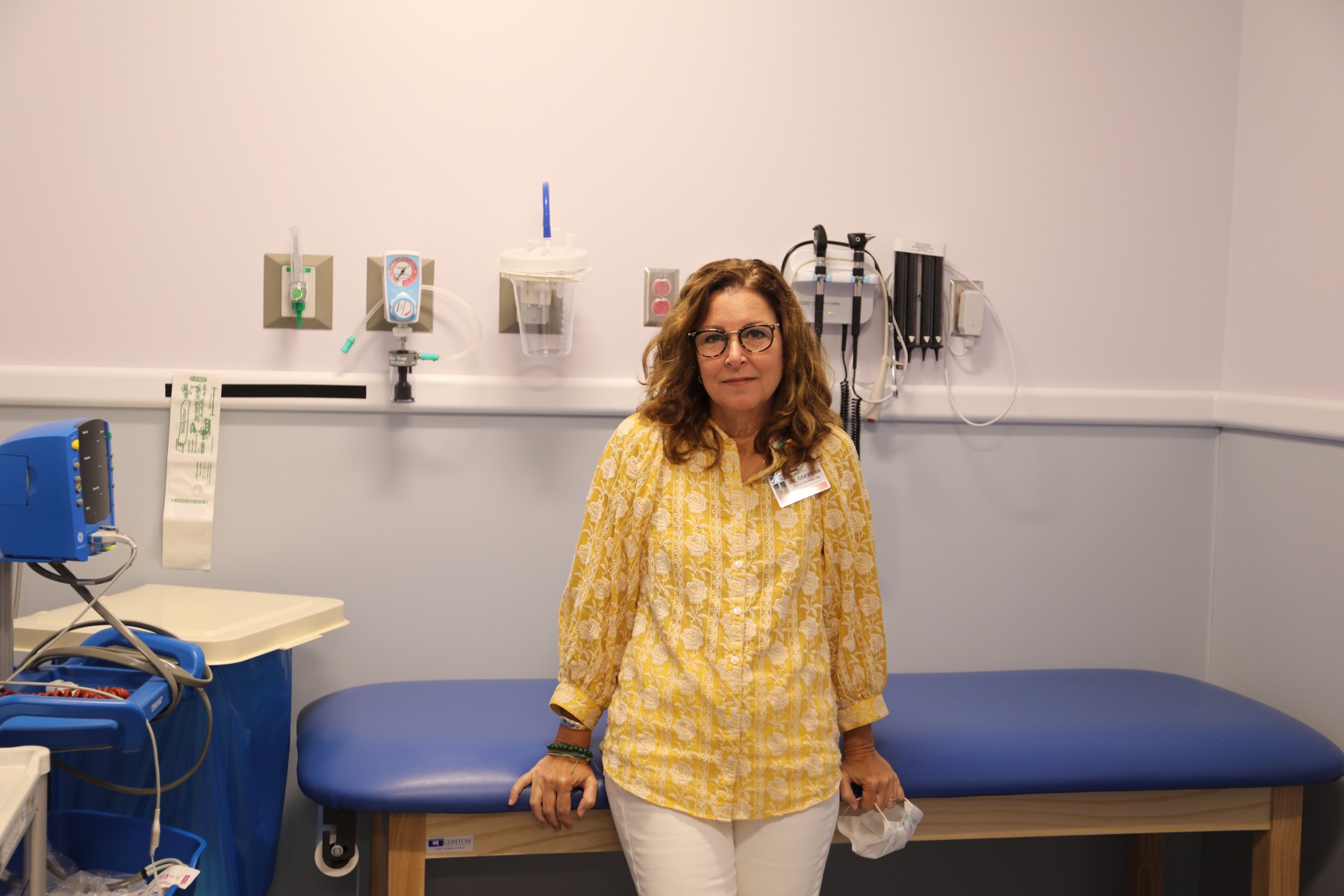COVID-19 and Child Abuse: Q&A with Jamye Coffman, M.D.
Child abuse is an issue affecting communities all over the world. This week, Cook Children's child abuse pediatrician Jamye Coffman, M.D. spoke to Morning Wave In Busan, an English radio station in South Korea about this issue. Here's part of her interview transcribed:
I'm curious about the connection between COVID-19 and the number of cases of child abuse. In the United States, have the numbers gone up or down?
We know the numbers of reported cases have gone down, but what we've seen across the United States is an increase in the severity of physical abuse. What we think is happening is the children are isolated, not going to school, not going to daycare. So the reports aren't happening earlier where we can prevent more severe abuse, and it's not actually coming to our attention until it's severe enough where they have to present to the hospital into the emergency rooms for medical intervention.
In terms of child abuse, we think about physical abuse or sexual abuse, but there are other forms of child abuse. Can you go over the different types?
In the United States, the most common form of abuse is neglect. That can be anything from failing to provide food and shelter to not providing appropriate supervision. Children that may be too young and left home alone, not providing educational resources for them, or even not providing the necessary medical treatment they need. And that really accounts for three-fourths of child maltreatment in United States. Of course you have physical abuse and sexual abuse, but then there's also emotional abuse and that's probably the one that's most difficult to prove. This is some action by the caregiver that impacts the child's growth or development or psychological functioning. This can be extreme forms of punishment, not physical punishment, but emotional punishment, such as putting them in a dark closet, that's going to make the child very fearful, belittling the child, where they feel rejected and unloved. So those are all forms of emotional abuse as well.
In terms of the protocol for reporting child abuse, what are the requirements?
It really is the responsibility of everyone who has access to children to intervene and report if needed. In Texas, everybody's a mandated reporter, especially people that are responsible for children, such as doctors and teachers and medical professionals.
Does that mean that you're able to call in anonymously and confidentially? I'm sure some people might be afraid to speak up if you suspect something, but you're not quite sure.
The laws in my state (Texas) say if you have reasonable suspicion, you're a mandated reporter. There is an 800 number that we call. Child protective services cannot tell the parent who made the report. They can't tell the family, it is confidential. When you call in a report, you don't have to give your information, but obviously, it's very helpful for the investigators to know who made the report so they can talk to you about your concern. So we always encourage people to give their information.
During COVID-19, what can we do as a community to prevent these cases? We see some horrific cases, there was a recent case here in Korea that made the headlines. What do we need to do?
I think it's a matter of understanding that even if it's not your family, that child is still your business. That it is your responsibility to step in and help protect that child. And the only way we can do that is to report and hopefully report before it gets to the point of a child losing their life or having severe injuries. Of course, even better would be the preventive services for families to help keep them healthy. But it's everybody's business to stand up for children because they can't do it themselves. It's also better for us as a society because then we can intervene, hopefully provide services for that family to reunite them and keep that child in the home, but in a healthy home where that child is loved and nurtured. And then that child will then grow up to be a productive adult. We know when we don't intervene in these cases of abuse, there can be really severe longterm, physical and mental outcomes with these children that we all as a society pay.
Do you suspect a child is being abused?
If you need to report a suspicion of abuse or neglect, call 1-800-252-5400 or go to www.txabusehotline.org.

